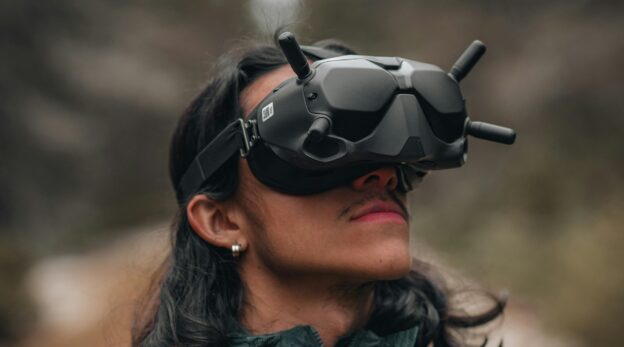
First-Person War
New technology has radically transformed warfare. War is no longer just something that happens; it is something we see, and can almost experience first-hand.

New technology has radically transformed warfare. War is no longer just something that happens; it is something we see, and can almost experience first-hand.
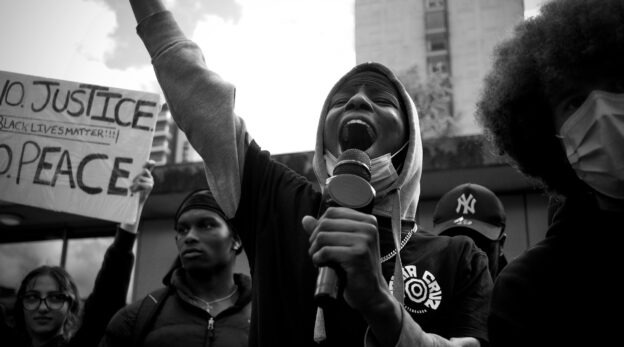
The COVID-19 pandemic, the wars in Ukraine and Gaza, the rise of populism and the far right—these events share one thing in common: language is changing, and hardening. And war begins when words lose their meaning.
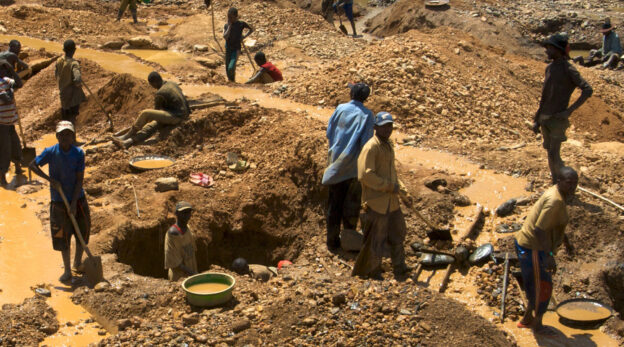
From lithium to cobalt and gold: what is the impact that our increasing dependence on Critical Raw Materials makes on our world? Can we ethically and equitably mine everything we need to support our lifestyles and the energy transition or not?
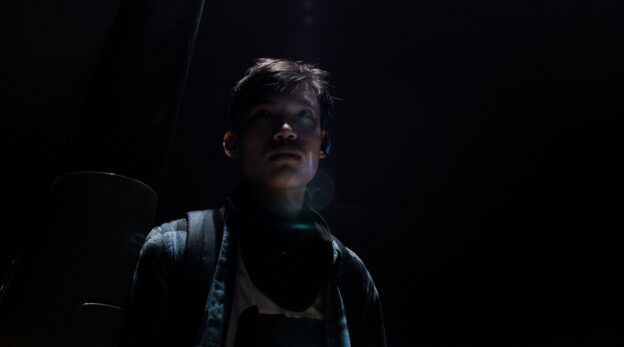
Men of the TU Delft, come make your voices heard on the problem of femicide and violence against women.
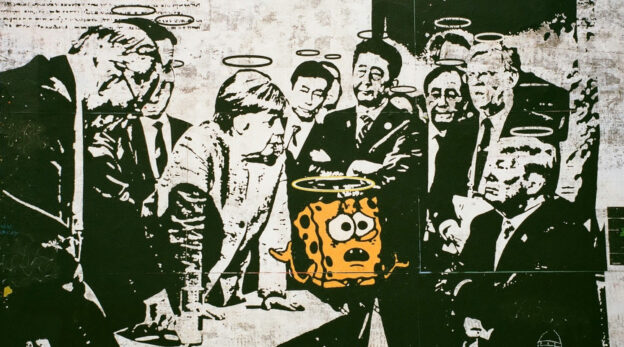
In the interplay between identity, power, and context, what does it take for you to speak up and be heard?

Before the summer, a tent camp appeared between the Library and the Aula. I heard colleagues (not from Studium Generale) sigh that the campus is not an “action camp.” After all, a university is supposed to be a place for education and research, not political struggle. But is that really true? To begin with: research […]